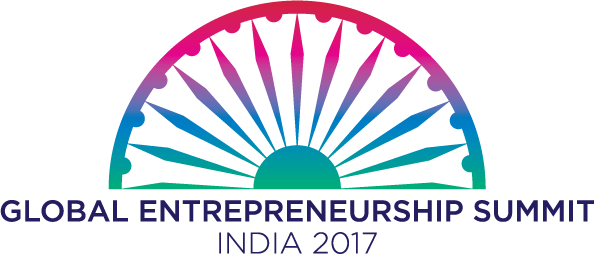Would-be entrepreneurs everywhere dream of coming up with an idea that catches fire and maybe even makes the world a better place.
The 2017 Global Entrepreneurship Summit in Hyderabad, India, will bring lots of dreamers together with potential investors, mentors and innovators who turned visions into thriving businesses.
Entrepreneurs taking part will include three young Americans tackling big challenges: making life better for street vendors, ridding the world of disease-ridden dirt floors, and convincing high-risk patients to take pills to prevent HIV. Here are their three stories:
Thinking globally
Christine Souffrant Ntim is a serial entrepreneur and the daughter and granddaughter of Haitian street vendors. She started Vendedy, a digital directory of street markets for tourists.
Later, after leaving a banking job to move to Dubai and jump into its tech scene, she went quickly from volunteering to organizing big tech events. Before long, she co-founded the Global Startup Ecosystem, a network and conference organizer.
Ntim, whose 1½-year-old daughter accompanies her to international speaking engagements, says, “We don’t see a lot of mothers in the tech industry getting recognition for really cool, innovative companies. That’s my message, to actually believe you can be a mom, wife and entrepreneur doing great things globally.”
Finding her path
Gayatri Datar is co-founder and chief executive of EarthEnable, which sells affordable, natural flooring in Rwanda where 80 percent of people live in homes with dirt floors. It grew out of a Stanford Business School class where students design projects to combat extreme poverty.
“It’s not the path I expected,” says Datar, who planned to return to international business consulting. “But dirt floors make people sick, and we became obsessed with figuring out a cheaper floor than concrete.”
EarthEnable seals compressed sand and clay with an oil that hardens into a resin. The floors cost $60. “We need to be incredibly efficient to keep prices low and figure out a business model that works” for Rwanda and other countries.
“I fell into this. I had no entrepreneurial thoughts or inklings,” Datar says. “My advice is: What’s there to lose by giving [your idea] a shot? The upside is so big. If you can eliminate dirt floors, over a billion people are better off.”
Convincing patients
Giffin Daughtridge is co-founder and chief executive of UrSure Inc., which markets urine tests to monitor patient compliance with medicine to prevent HIV infection. He’s operating UrSure from the Harvard Innovation Lab after earning a medical degree from the University of Pennsylvania and a master’s from Harvard’s Kennedy School of Government.
He had, throughout his schooling and early career, taken an interest in helping at-risk patients to prevent infection or disease. When taking part in a Fulbright program in Bogota, Colombia, Daughtridge helped get sex workers vaccinated against Hepatitis B. And later, while still a medical student, Daughtridge co-founded an HIV clinic in Philadelphia that focused on convincing patients to take the PrEP drug regimen daily to prevent infections.
His business takes this effort a step further. UrSure lets doctors know if patients took the medicine. Next, the company must convince insurers to pay for the painless, regular testing.

